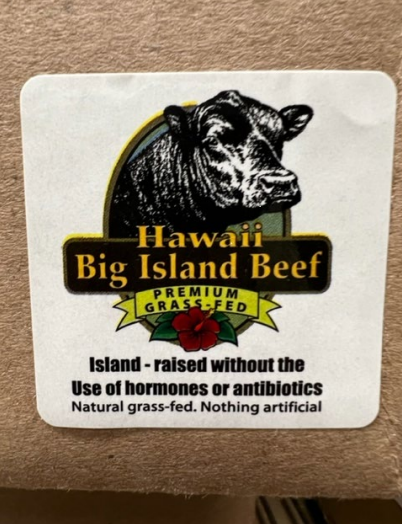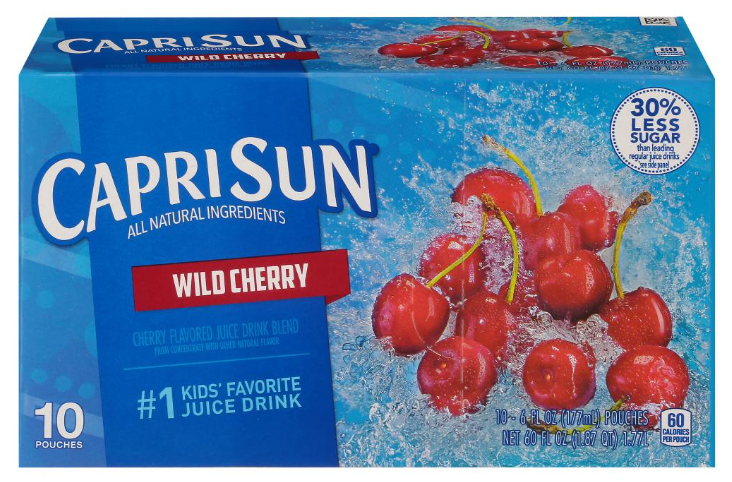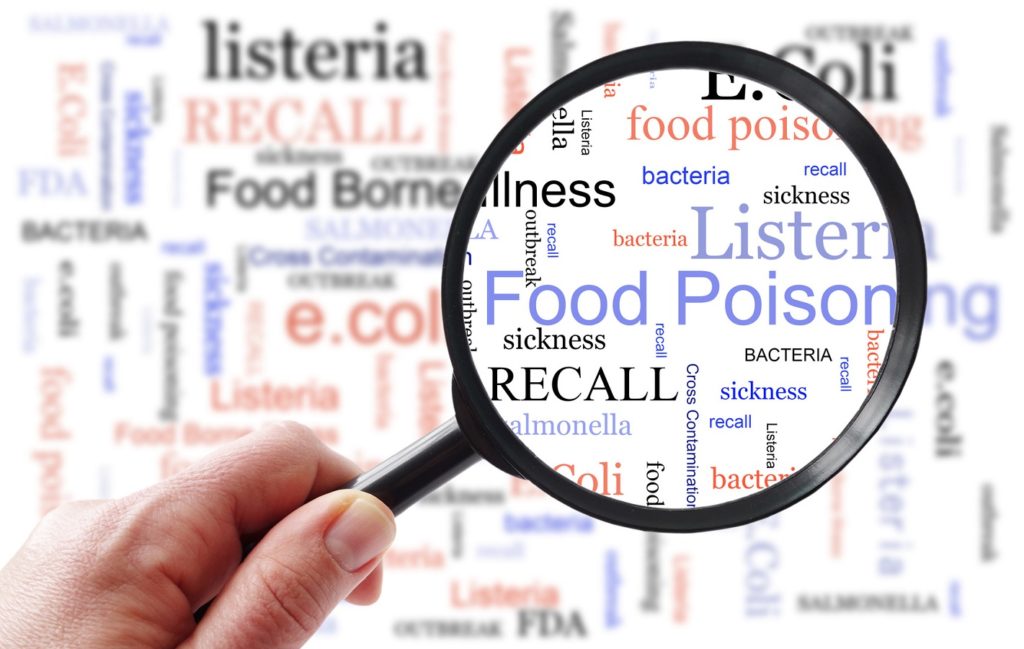FDA published its proposal for the new traceability rules. The new traceability rule will become effective on November 7, 2022. It includes a list of high-impact foods such as Cheeses other than hard cheese, Crustaceans, Cucumbers, Fresh herbs, Fresh-cut fruits and vegetables, Leafy greens, Melons, Mollusks, nut butter, Peppers, Ready-to-eat deli salads, Shell eggs from domesticated hens, Sprouts, Tomatoes, and Tropical tree fruits. The rule requires a detailed account of food origins and movements throughout production, processing, and shipping. Key data Elements (KDEs) are monitored. The production stages monitored are growing, receiving, transformation, creation, and shipping. There might be multiple receivers. A first receiver is the first person (other than a farm) who purchases and takes physical possession of a listed food. Only foods that are originated (i.e., grown, raised, caught, or, in the case of a non-produce commodity such as eggs, harvested) can have a first receiver. Transformation is an event that involves changing food on the Food Traceability List, its package, and/or its label, such as by combining ingredients or processing a food (e.g., by cutting, cooking, commingling, repacking, or repackaging). Creating is the making or producing food on the Food Traceability List through manufacturing or processing. Shipping is an event in a food supply chain in which a food is arranged for transport (e.g., by truck or ship) from a defined location to another at a different farm, a first receiver, or a subsequent receiver.@ https://www.fda.gov/food/food-safety-modernization-act-fsma/which-key-data-elements-would-apply-me
ruth
ruth
The USDA/FSIS issued a health alert because ground beef products may be adulterated with E. coli O157:H7. A recall was not requested because the products are no longer available. The “Hawaii Big Island Beef” ground beef products were produced on August 8, 2022. These items were shipped to retail and restaurant locations in Hawaii. FSIS discovered the problem during an assessment of the establishment’s production records associated with a sample that tested positive for E. coli O157:H7. There have been no confirmed reports of adverse reactions due to the consumption of these products. @ https://www.fsis.usda.gov/recalls-alerts/fsis-issues-public-health-alert-ground-beef-products-due-possible-e–coli-o157h7
ruth
The FDA reported that Kraft Heinz announced a voluntary recall of approximately 5,760 cases of Capri Sun Wild Cherry Flavored Juice Drink Blend beverages. The recall is a result of a diluted cleaning solution used on food processing equipment that was inadvertently introduced into a production line at a factory. Only the Wild Cherry flavored Capri Sun products are affected. The “Best When Used By” date on the products is June 25, 2023. The issue was discovered after the Company received several consumer complaints about the taste of the affected product. The Company is actively working with retail partners and distributors to remove the potentially impacted product from circulation. @ https://www.fda.gov/safety/recalls-market-withdrawals-safety-alerts/kraft-heinz-announcing-voluntary-recall-capri-sun-wild-cherry-flavored-juice-drink-blend-beverages?utm_medium=email&utm_source=govdelivery
Kraft Heinz is announcing a voluntary recall of approximately 5,760 cases of Capri Sun Wild Cherry Flavored Juice Drink Blend beverages. The voluntary recall comes after diluted cleaning solution, which is used on food processing equipment, was inadvertently introduced into a production line at one
ruth
Three outbreaks were added to the table. An outbreak of E. coli O157:H7 in an unidentified product. FDA has initiated a traceback investigation. Two Salmonella outbreaks were added: An outbreak of Salmonella Senftenberg in an unidentified product and Salmonella Typhimurium in an unidentified product with traceback. The Salmonella Braenderup in an unidentified product, the outbreak has ended. For the outbreak of Cyclospora in an unidentified product, the case count has increased from 77 to 98. The hepatitis A illnesses linked to fresh strawberries investigation has closed, and the outbreak is over. @ https://www.fda.gov/food/outbreaks-foodborne-illness/investigations-foodborne-illness-outbreaks?utm_medium=email&utm_source=govdelivery
The following is a list of outbreak and adverse event investigations primarily being managed by FDA’s CORE Response Teams.




